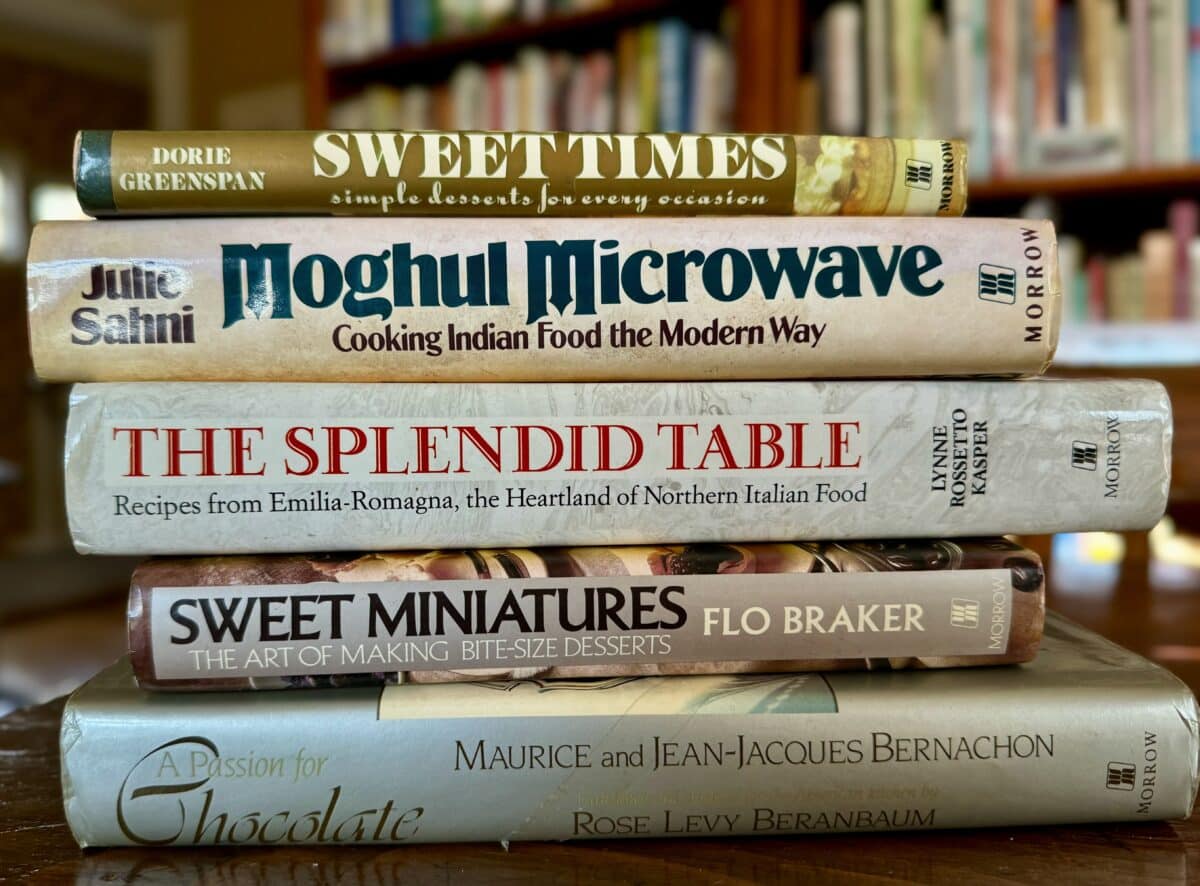“I have ADHD. I need easy recipes!” “I have no patience in the kitchen.” “I can’t bear cooking that needs a lot of attention - risotto? All that stirring!” “Are there recipes for people with short attention spans? JK! But…are there?”
What is ADHD?
Usually thought of in connection with childhood and restlessness in school, ADHD – Attention Deficit Hyperactivity Disorder – can be a lifelong disorder, yet often it’s not diagnosed until adulthood.
If you haven’t been diagnosed with ADHD you probably know someone who has. You may even wonder if you have it yourself. There is no blood test or CT scan to diagnose the disorder. The diagnosis is made through an assessment by a medical professional that involves information gathering and psychological tests, as well as a medical exam to rule out other possible causes of symptoms. There are treatments, therapies, and medications, as well as lifestyle and behavioral adjustments that can help. I’m not a medical professional, but as someone with ADHD I have an insider’s perspective.
All in the family
In my family, ADHD is a thread through the generations the way other families have red hair, are prone to having twins, or produce gardeners or musicians. Not everyone in my family has an attention deficit, but my father, who was a tornado of ideas and plans, was a textbook case long before there was medication or even a name for it. He had thick folders of his ideas, ambitious schemes, short stories, and book proposals. He hunted and fished, painted and drew, and when he wanted a bag to hold some gear he got out the sewing machine and stitched one up. But when you talked to him you could often see his eyes unfocus and his restless mind wander.
When I was diagnosed with ADHD I was well into adulthood. Suddenly everything made sense. I was always scattered, belonging to many groups (gardening, teaching, volunteering), always with numerous unfinished projects (writing, sewing, drawing, upholstery). It explained the one-and-a-half knitted gloves in the attic, started 15 years ago; the bolts of fabric with untouched paper patterns for skirts and dresses; the welding masks and gloves in the coat closet along with rollerblading equipment and snow shoes; the chair awaiting recaning; the wooden bench needing refinishing; the banjo on a stand, unused in the dining room after a half-dozen lessons. The two copies of the same book, one in English and one in French (that I can’t read) that I started reading a page at a time, one page in English and then the same again in French. Like my dad, I began many projects that I had trouble completing.
You don’t need to have an attention deficit to appreciate a recipe that is undemanding of time and that yields the perfect result you’re looking for.
Finding a way to cook with ADHD
There are careers that are perfect for someone with ADHD. Anything that can be tackled in small pieces, in short bursts of concentration. The pieces have to be harnessed to make a functional whole, needing perhaps a different person, or even a team, to bring everything together.
For seven years I was employed as an archeologist. Projects lasting a few weeks to months took me to various places in the USA, and each location was unique, each historic or prehistoric site had wildly different characteristics and new things to discover and learn. It was a good career for someone with a short attention span. On an archeological site, even routine tasks yield surprises from moment to moment. Yet an itinerant life, fun to the young and unattached, can become tiresome. When I got married and had a family, it was time for something new.
The archeology of a recipe
I fell into professional recipe testing by accident. A stay-at-home mom with a baby and a toddler, I was excited when I had an opportunity to “try out” some recipes for a food editor who was looking for feedback. I was young and had the energy to play with my children during the day and test recipes in the evenings; sometimes I worked until late at night. As my husband wrote and edited books in his home office, I cooked and edited recipes in the kitchen. Like archeology, recipe testing is a process that presents challenges. It requires thought as well as action. Most of all, it demands analysis and a finished product. Without considering whether recipe testing suited my personality, I slipped into its rhythm naturally. Every day was different, with a world of information – literally – to learn and to use.
ADHD: The pieces make a whole
Some people love teamwork: “Let’s cook together! Yay!” Not your thing? Not mine either. The person with ADHD is more likely to prefer to cook alone, without the chaos of multiple cooks and opinions. As you will know from movies like the campy and macabre The Menu and TV shows like The Bear, even in commercial kitchens there is a hierarchy and order. In a career of over thirty years in what I call “a professional home kitchen,” I’ve tested ingredients, recipes, products, and cookware that I’ve rejected or come to love. My goal in writing about ADHD in the kitchen is to share the best of everything in food that makes cooking easy and fun, and to give you recipes you’ll want to make repeatedly. The Witchel Family Lamb Chops, a recipe for the New York Times, is one of my favorites.
